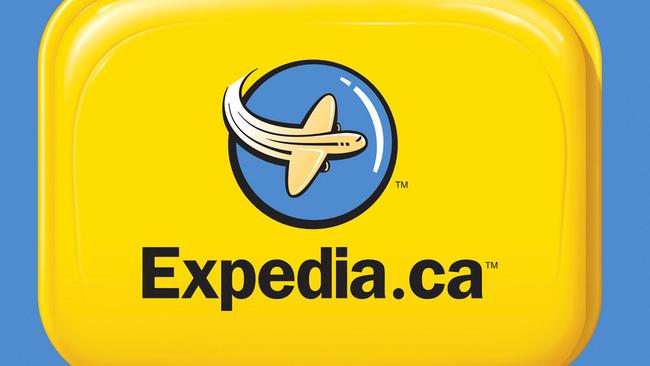Australia set for key role in Expedia’s global strategy
Australia is set to play a key role in Expedia’s bid to capture more of the lucrative Chinese travel market.

Online travel giant Expedia has sets its sights on capturing more of the lucrative Chinese travel market, and Australia looks set to play a key role in its strategy.
“Originally we entered Australia because it was such a strong outbound market to the US. That remains true but the rise of the Asian middle class, and especially the China traveller, means Australia as an inbound market has become much more important, much more interesting from a volume and profitability basis,” Expedia’s global chief executive Dara Khosrowshahi told The Australian.
“Australia is really performing well, inbound volume is up over 50 per cent on a year-on-year basis,” he said.
A focus on the outbound Chinese market has led the $22 billion Nasdaq-listed group to consider launching Expedia in China, though no firm plans have been decided.
“Right now we’re looking at building our presence in China through hotels.com; we’re looking at launching Expedia (in China), and use Ctrip to build the business in the country,” Mr Khosrowshahi said.
Mr Khosrowshahi also outlined Expedia’s plans for local online travel agent Wotif, which it acquired for $703 million last year.
“I don’t think we have yet fully realised the potential at Wotif. But the two brands position nicely together. While Expedia is outbound-focused, Wotif is much more about domestic travel.”
After “stabilising” the business, the group is looking to grow the brand. “We’re putting some serious money into marketing (Wotif) and we think we’re going to see a revitalised brand going forward,” Expedia chief financial officer Mark Okerstrom said.
“We’d be disappointed if the Wotif brand didn’t grow organically,” he said.
After “stabilising” the business, the group is looking to grow the brand.
Wotif will launch a new marketing campaign next week across TV, radio and online.
Mr Khosrowshahi said the business was weathering the impact of the lower Australian dollar well. “It is a negative, but in the end for us, we have such a strong US business and the US business is making up for some of the currency weakness outside. And the strong US dollar allows us to invest more aggressively abroad.”
Alongside the acquisition of Wotif, Expedia has been on somewhat of a buying spree recently. Earlier this year it acquired US group Travelocity, and it has just received regulatory approval in the US to acquire Orbitz Worldwide in a deal valued at $US1.6bn ($2.2bn).
Commenting on growth plans Mr Okerstrom said there would likely be more acquisitions down the line. “The strategy is to grow organically and when we find high-quality assets like Wotif and the fantastic brand they built in Australia we add that to the portfolio where it makes sense.
“We’ve been pretty busy recently so we’ve got our hands full right now but I think on a go-forward basis I think you’ll see us do more acquisitions in the future,” Mr Okerstrom said.
But nothing in Australia had sparked the group’s interest since Wotif. Commenting on the ACCC’s review into its pricing practises, Mr Khosrowshahi said Expedia was taking the process seriously.
“Any time there’s significant change there’s going to be some people who embrace the change and others who are against the change. So it’s not a surprise that there are some players who don’t like what we bring or how fast we’re growing.”
Expedia and its biggest rival Priceline, the owner of Booking.com and Agoda.com, control about 85 per cent of the online booking market for hotels in Australia and have come under criticism for insisting hotels sign up to “price parity” clauses that prohibit them from offering lower prices to consumers who book directly with the hotel.
The reporter travelled to Sydney courtesy of Expedia.




To join the conversation, please log in. Don't have an account? Register
Join the conversation, you are commenting as Logout